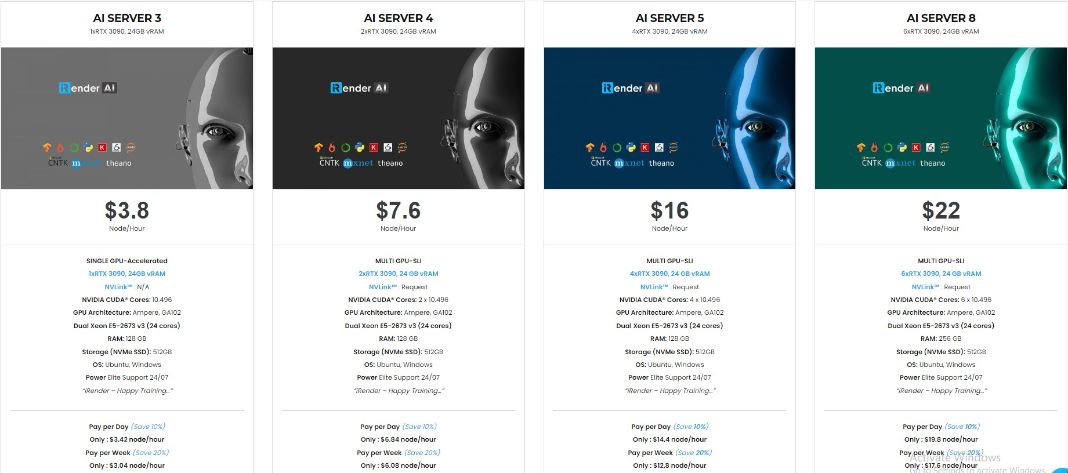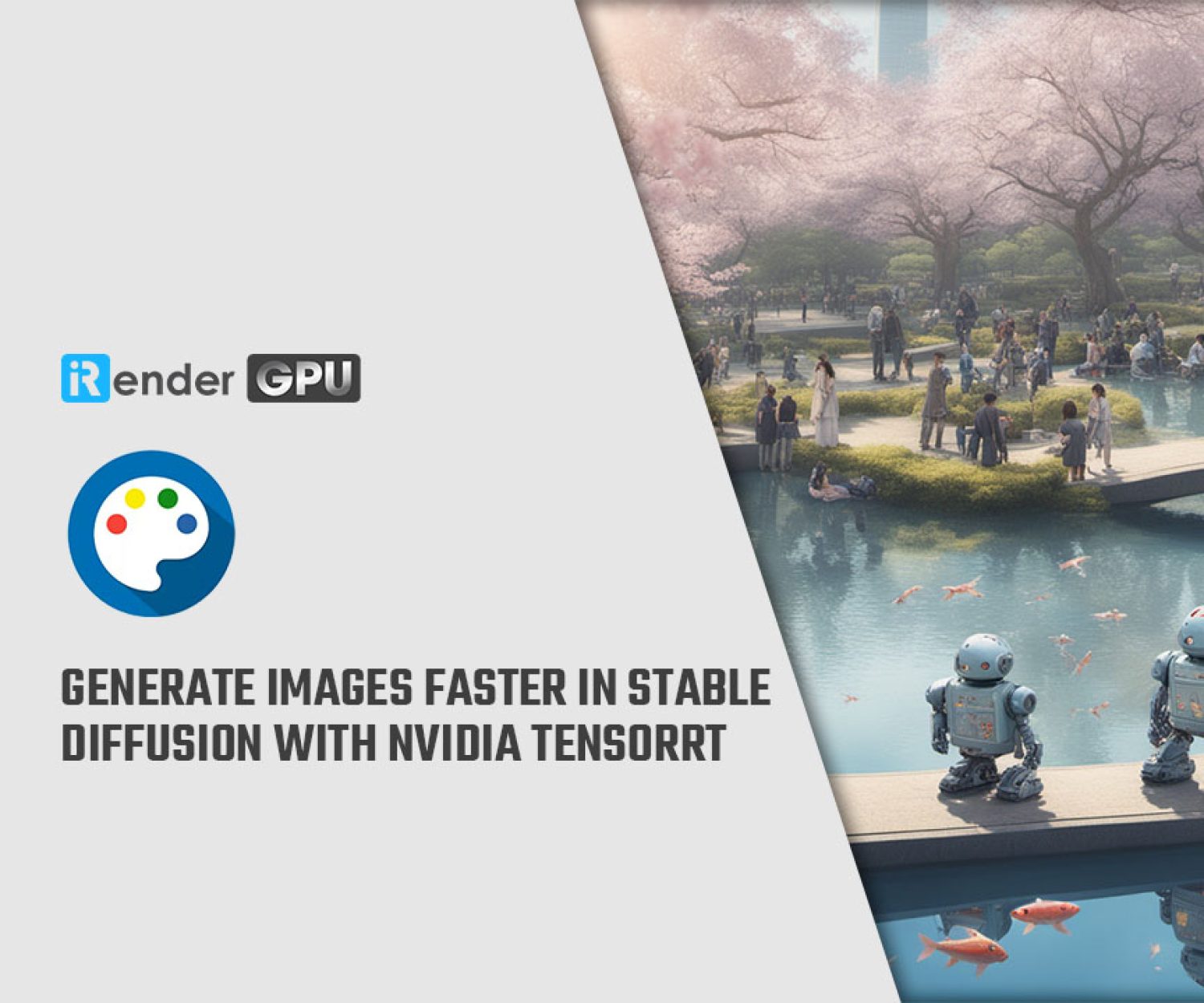Top 4 applications of AI in medicine: Develop drug faster
Machine Learning has made great advances not only in many fields in the industry, but also in pharma and biotech efficiency. In this article, we will see top 4 applications of AI in medicine today: Diagnostics, Drug Development, Treatment Personalisation and Gene Editing
1. Diagnose diseases
To diagnose diseases for patients, it takes year of medical training. We don’t have experts available all the time to do that either.
Nowadays, technology has advanced to the point that AI can help in automatically diagnosing diseases. AI systems will be used to highlight potentially malignant lesions or dangerous cardiac patterns for the expert – allowing the doctor to focus on the interpretation of those signals.
Machine Learning algorithms can learn to see patterns similarly to the way doctors see them. A key difference is that algorithms need thousand of concrete examples (or more) in order to learn. And these examples need to be neatly digitized – machines can’t read between the lines in textbooks.
So Machine Learning is particularly helpful in areas where the diagnostic information a doctor examines is already digitized. Such as:
-
-
-
- Detecting lung cancer or strokes based on CT scans
- Assessing the risk of sudden cardiac death or other heart diseases based on electrocardiogramsand cardiac MRI images
- Classifying skin lesions in skin images
- Finding indicators of diabetic retinopathy in eye images
-
-
Since good data available in these cases is abundant, algorithms are becoming just as good at diagnostics as the experts. The difference is: the algorithm can draw conclusions in a fraction of a second, and it can be reproduced inexpensively all over the world. Soon everyone, everywhere could have access to the same quality of top expert in radiology diagnostics, and for a low price.
2. Develop drug faster
Developing drug process is famous for expensive cost. It often takes years of works and millions in investment. But now, Machine Learning can help analytical process be more efficient.
AI has already been used successfully in all of the 4 main stages in drug development:
-
-
-
- Stage 1: Identifying targets for intervention- Machine Learning algorithms can easily analyse all the available data and can even learn to automatically identify good target proteins.
- Stage 2: Discovering drug candidates- Machine Learning algorithms can learn to predict the suitability of a molecule based on structural fingerprints and molecular descriptors. Then they blaze through millions of potential molecules and filter them all down to the best options – those that also have minimal side effects. This ends up saving a lot of time in drug design.
- Stage 3: Speeding up clinical trials- Machine Learning can speed up the design of clinical trials by automatically identifying suitable candidates as well as ensuring the correct distribution for groups of trial participants. Algorithms can help identify patterns that separate good candidates from bad. They can also serve as an early warning system for a clinical trial that is not producing conclusive results – allowing the researchers to intervene earlier, and potentially saving the development of the drug.
- Stage 4: Finding Biomarkers for diagnosing the disease- AI can automate a large portion of the manual work and speed up the process. The algorithms classify molecules into good and bad candidates – which helps clinicians focus on analyzing the best prospects.
-
-
3. Personalize treatment by drug
Different patients respond to drugs and treatment schedules differently. Therefore, personalized treatment has big potential to increase patients’ lifespans. But it’s very hard to identify which factors would affect the choice of treatment.
Machine Learning can automate this complicated statistical work – and help discover which characteristics indicate that a patient will have a particular response to a particular treatment. So the algorithm can predict a patient’s probable response to a particular treatment.
The system learns this by cross-referencing similar patients and comparing their treatments and outcomes. The resulting outcome predictions make it much easier for doctors to design the right treatment plan.
4. Improve gene editing
Clustered Regularly Interspaced Short Palindromic Repeats (CRISPR), specifically the CRISPR-Cas9 system for gene editing, is a big leap forward in human ability to edit DNA cost effectively – and precisely, like a surgeon.
This technique depends on short guide RNAs (sgRNA) to target and edit a specific location on the DNA. But the guide RNA can fit multiple DNA locations – and that can cause unintended side effects (off-target effects). The careful selection of guide RNA with the least dangerous side effects is a major bottleneck in the application of the CRISPR system.
Machine Learning models have produced the best results in predicting the degree of both guide-target interactions and off-target effects for a given sgRNA. This can significantly speed up the development of guide RNA for every region of human DNA.
Final thought
Through time, we can see a lot of benefits in using AI to diagnose diseases, develop drugs, personalize treatments, and even edit genes. However, this is just the beginning. The more we develop, the more serious diseases can evolve. We will need to continue digitizing new medical data, so that AI can continue to help us valuable patterns – patterns we can use to make accurate, cost-effective decisions in complex analytical processes.
iRender is currently providing GPU Cloud for AI/DL service so that users can train their models. With our high configuration and performance machines (RTX3090), you can install any software you need for your demands. Just a few clicks, you are able to get access to our machine and take full control of it. Your model training will speed up times faster.
Moreover than that, we provide other features like NVLink if you need more VRAM, Gpuhub Sync to transfer and sync files faster, Fixed Rental feature to save credits from 10-20% compared to hourly rental (10% for daily rental, 20% for weekly and monthly rental).
Register an account today to experience our service. Or contact us via WhatsApp: (+84) 916806116 for advice and support.
Thank you & Happy Training!
Source: datarevenue.com
*Note: all images in this article are from datarevenue.com
Related Posts
The latest creative news from Cloud Computing for AI,









